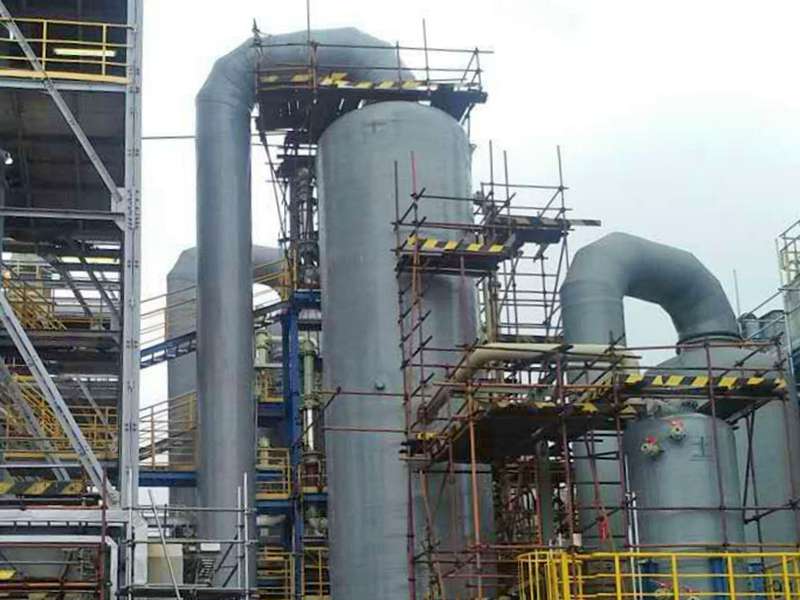
-
 Afrikaans
Afrikaans -
 Albanian
Albanian -
 Amharic
Amharic -
 Arabic
Arabic -
 Armenian
Armenian -
 Azerbaijani
Azerbaijani -
 Basque
Basque -
 Belarusian
Belarusian -
 Bengali
Bengali -
 Bosnian
Bosnian -
 Bulgarian
Bulgarian -
 Catalan
Catalan -
 Cebuano
Cebuano -
 China
China -
 China (Taiwan)
China (Taiwan) -
 Corsican
Corsican -
 Croatian
Croatian -
 Czech
Czech -
 Danish
Danish -
 Dutch
Dutch -
 English
English -
 Esperanto
Esperanto -
 Estonian
Estonian -
 Finnish
Finnish -
 French
French -
 Frisian
Frisian -
 Galician
Galician -
 Georgian
Georgian -
 German
German -
 Greek
Greek -
 Gujarati
Gujarati -
 Haitian Creole
Haitian Creole -
 hausa
hausa -
 hawaiian
hawaiian -
 Hebrew
Hebrew -
 Hindi
Hindi -
 Miao
Miao -
 Hungarian
Hungarian -
 Icelandic
Icelandic -
 igbo
igbo -
 Indonesian
Indonesian -
 irish
irish -
 Italian
Italian -
 Japanese
Japanese -
 Javanese
Javanese -
 Kannada
Kannada -
 kazakh
kazakh -
 Khmer
Khmer -
 Rwandese
Rwandese -
 Korean
Korean -
 Kurdish
Kurdish -
 Kyrgyz
Kyrgyz -
 Lao
Lao -
 Latin
Latin -
 Latvian
Latvian -
 Lithuanian
Lithuanian -
 Luxembourgish
Luxembourgish -
 Macedonian
Macedonian -
 Malgashi
Malgashi -
 Malay
Malay -
 Malayalam
Malayalam -
 Maltese
Maltese -
 Maori
Maori -
 Marathi
Marathi -
 Mongolian
Mongolian -
 Myanmar
Myanmar -
 Nepali
Nepali -
 Norwegian
Norwegian -
 Norwegian
Norwegian -
 Occitan
Occitan -
 Pashto
Pashto -
 Persian
Persian -
 Polish
Polish -
 Portuguese
Portuguese -
 Punjabi
Punjabi -
 Romanian
Romanian -
 Russian
Russian -
 Samoan
Samoan -
 Scottish Gaelic
Scottish Gaelic -
 Serbian
Serbian -
 Sesotho
Sesotho -
 Shona
Shona -
 Sindhi
Sindhi -
 Sinhala
Sinhala -
 Slovak
Slovak -
 Slovenian
Slovenian -
 Somali
Somali -
 Spanish
Spanish -
 Sundanese
Sundanese -
 Swahili
Swahili -
 Swedish
Swedish -
 Tagalog
Tagalog -
 Tajik
Tajik -
 Tamil
Tamil -
 Tatar
Tatar -
 Telugu
Telugu -
 Thai
Thai -
 Turkish
Turkish -
 Turkmen
Turkmen -
 Ukrainian
Ukrainian -
 Urdu
Urdu -
 Uighur
Uighur -
 Uzbek
Uzbek -
 Vietnamese
Vietnamese -
 Welsh
Welsh -
 Bantu
Bantu -
 Yiddish
Yiddish -
 Yoruba
Yoruba -
 Zulu
Zulu
fibreglass storage tanks
The Benefits of Fiberglass Storage Tanks
Fiberglass storage tanks have increasingly become the preferred choice for various industries due to their unique properties and advantages. Typically composed of a polymer matrix reinforced with glass fibers, these tanks are renowned for their strength, durability, and resistance to environmental factors. This article will delve into the reasons why fiberglass storage tanks are a popular option for storing a wide range of liquids and materials.
One of the foremost benefits of fiberglass storage tanks is their remarkable resistance to corrosion. Unlike traditional metal tanks, fiberglass does not succumb to rust or chemical degradation. This property is particularly advantageous in industries that handle corrosive substances, such as chemicals, oils, and wastewater. The ability to withstand harsh environments ensures that the integrity of the stored materials remains intact, reducing the risk of contamination and environmental damage.
The Benefits of Fiberglass Storage Tanks
Fiberglass storage tanks also demonstrate excellent thermal insulation properties. This is essential for industries that require temperature control for their stored products. The insulating properties of fiberglass help maintain the desired temperature, which can be crucial for sensitive liquids like chemicals, food products, or fuels. As a result, businesses can effectively monitor and control the conditions within the tank, contributing to a lower risk of spoilage or reaction.
fibreglass storage tanks

Moreover, the versatility of fiberglass allows for the production of tanks in various shapes and sizes, catering to different storage needs. Customization options enable businesses to design tanks that fit their specific operational requirements, whether that entails vertical, horizontal, cylindrical, or rectangular shapes. This flexibility allows for maximized storage efficiency and optimizes available space.
Another significant advantage of fiberglass storage tanks is their low maintenance requirements. Unlike metal tanks that may require regular inspections for rust or damage, fiberglass tanks are relatively maintenance-free and can last for many years with minimal care. This longevity can translate into cost savings over time, making fiberglass an economically sound choice for many organizations.
Furthermore, the installation of fiberglass tanks often requires fewer upfront costs compared to traditional materials. While initial investments may vary based on size and complexity, the overall lifecycle cost tends to be lower due to reduced maintenance and replacement needs.
In conclusion, fiberglass storage tanks offer a host of benefits that make them an ideal solution for various industries. Their exceptional resistance to corrosion, lightweight nature, thermal insulation properties, customizability, low maintenance needs, and overall economic advantages position them as a superior alternative to traditional storage tanks. As industries continue to seek efficient and reliable storage solutions, the demand for fiberglass tanks is likely to grow, reaffirming their place in the market.









